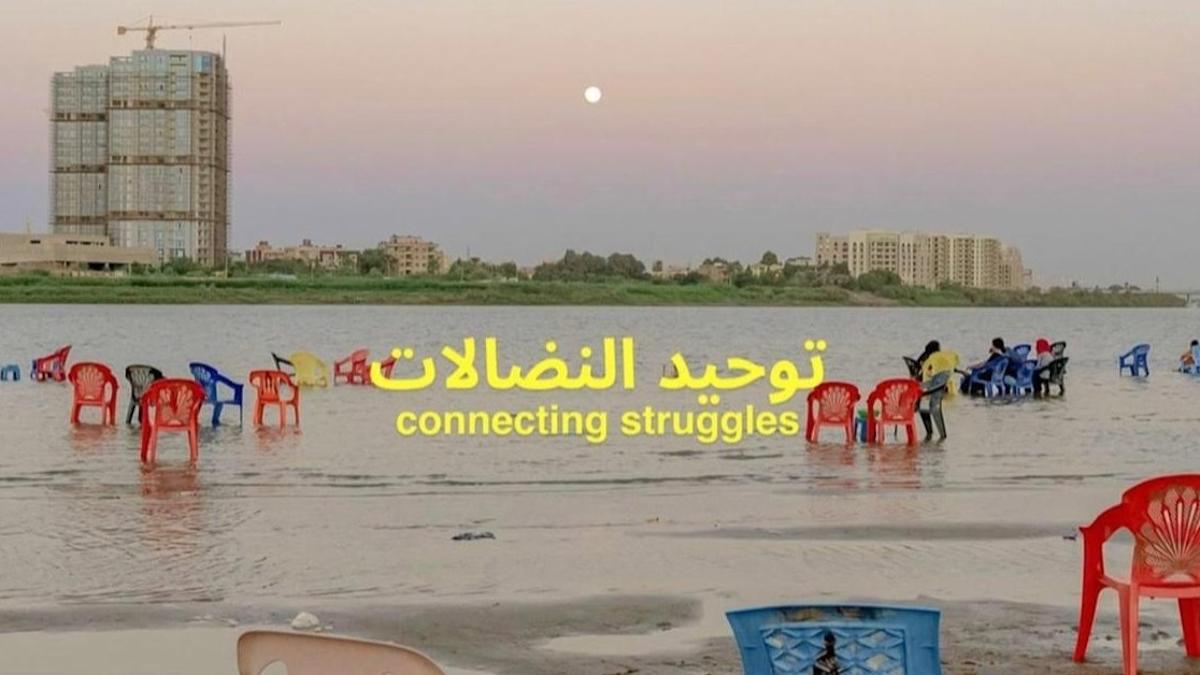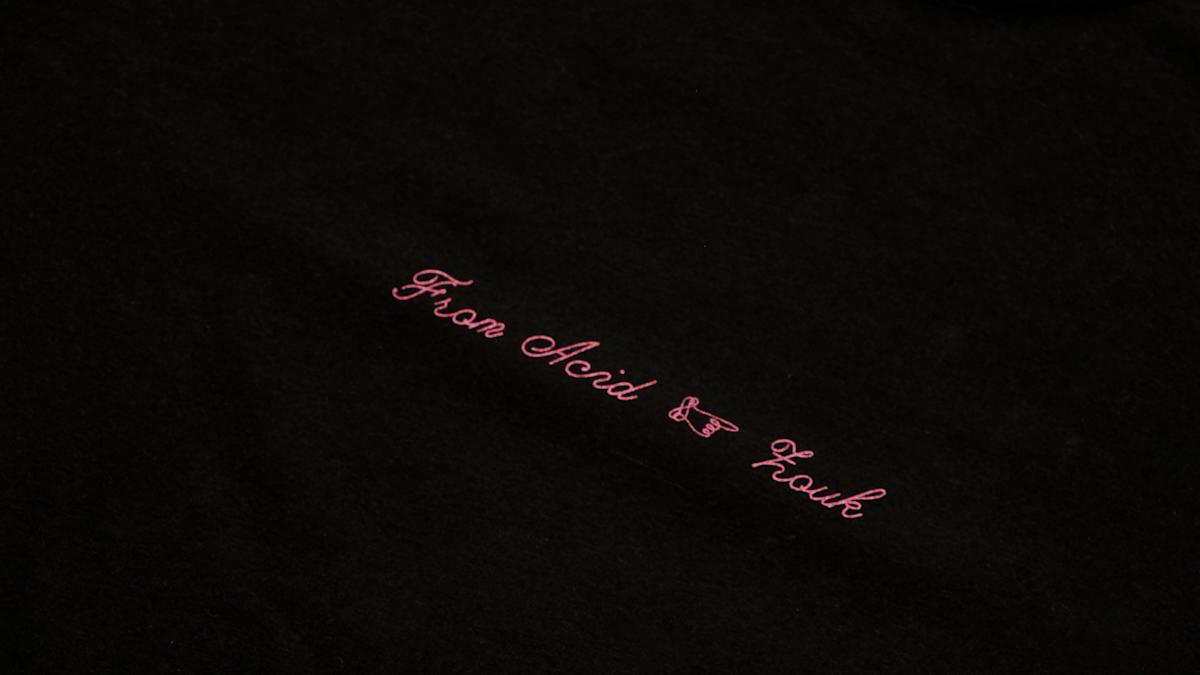
moe. and Acidfinky to host a fundraiser for Sudan and Palestine
Come down next Wednesday, December 10th.
Loading

Meta accused of complicity in Tigray | Workers for Palestine | Germany's refugee benefits cut
By Staff
Our weekly roundup of stories you may have missed.
Did Facebook fuel violence in Tigray?
Meta, Facebook’s parent company, has been accused of contributing, “through its content-shaping algorithms and data-hungry business model” to violence against Ethiopia’s Tigrayan community. According to a new report by Amnesty, Meta failed to react to the spread of content on Facebook and other platforms inciting hatred and violence during the armed conflict in Tigray from 2020 to 2022, ignoring multiple warnings from human rights groups.
The new report follows similar charges levelled against the company last year related to the spread of hateful content during Myanmar’s Rohingya genocide.
Workers mobilise for Palestine
While European governments continue to show unwavering support for Israel, activists and workers across the continent demand an end to Israeli violence. In Belgium, a coalition of ground crew unions released a joint statement calling on members to stop handling weapons exports to Israel. Last Saturday in London, 800,000 people took to the streets for the largest pro-Palestine demo in British history.
Berlin: join a demonstration organised by No Border Assembly and more this Thursday from 18:00 at Oranienplatz against the ongoing genocide and occupation in Palestine.
Gaza's health system collapse
Gaza’s two largest hospitals – al-Shifa and al-Quds – have both closed amid fuel shortages and ongoing Israeli bombardment. At Al-Shifa, Israeli snipers have reportedly been firing at anyone near the hospital, trapping up to 3000 patients and medical staff inside.
The death toll in Gaza is over 11,100 people, including at least 4500 children, and is expected to rise rapidly with the collapse of Gaza’s healthcare system. Since October 7, Israeli forces have been deliberately targetting innocent Palestinian in hospitals, schools and refugee camps.
The war in Sudan
Last week, the RSF paramilitary in Sudan carried out one of the worst massacres of the conflict in Sudan so far, killing over 1300 people in a camp for displaced people in West Darfur. The majority of the victims were members of the Masalit ethnic group. The RSF, who have been accused of war crimes and genocide, are now close to taking over the entire Darfur region.
Mujeebelrahman Yagoub, Assistant Commissioner for Refugees in West Darfur, has said that the current violence is worse than what happened in Darfur in 2003 when Arab militias, many of which have now been absorbed in the RSF, carried out a genocide against non-Arab ethnic groups across the region.
Kenya debates deployment to Haiti
On Thursday Kenya’s High Court will make a ruling on the deployment of Kenyan police to Haiti to combat gang violence. The UN plan, which has been enthusiastically endorsed by the US government, faces strong opposition inside Kenya, and was previously blocked by the court. Opposition politician Senator Moses Kajwang said: "This Haiti mission is a misadventure. We are sending our boys and girls to be killed. They'll come back in caskets." Haiti’s spike in gang violence resulted in 1000 murders and 701 kidnappings btween July and September, and has displaced over 200,000 people.
Germany cuts benefits for refugees
German chancellor Olaf Scholz has announced plans to tighten asylum laws. The new rules will double the amount of time new arrivals in Germany have to wait to receive full benefits to 36 months, speed up decisions and make it easier for the government to deport those who are denied refugee status. The announcement plays into conservative and far-right rhetoric amid a rapid rise in support for the AfD, who have the support of 1 in 5 Germans according to the latest polls.
Nobel Prize winner on hunger strike in Iranian jail
Last week Narges Mohammadi, one of Iran’s most famous human rights activists, went on hunger strike for three days when prison authorities refused to take her to a hospital without a headscarf. Earlier this year Mohammadi was awarded the Nobel Peace Prize for her activism in favour of human rights and against the oppression of women in Iran. She is currently serving a sentence at Tehran’s Evin prison, notorious for widespread reports of human rights violations against political prisoners. She ended her hunger strike on Thursday after being eventually admitted to hospital without a headscarf.
Taiwan receives returned indigenous artefacts stolen by colonial Britain
The University of Edinburgh in the UK has returned the skulls of four indigenous warriors killed nearly 150 years ago to the Taiwanese indigenous community. Originally taken as war trophies by Japanese soldiers invading Taiwan in 1874, the skulls have been at the University of Edinburgh since 1907. As the first international repatriation of ancestral remains for Taiwan’s indigenous community, it has been hailed as a “milestone of transitional justice.”
Header image licensed under CC BY 2.0 DEED.

Come down next Wednesday, December 10th.

This week: Gaza Biennale, embodiment workshops, listening sessions

Out now, featuring every genre we've ever had on the radio.